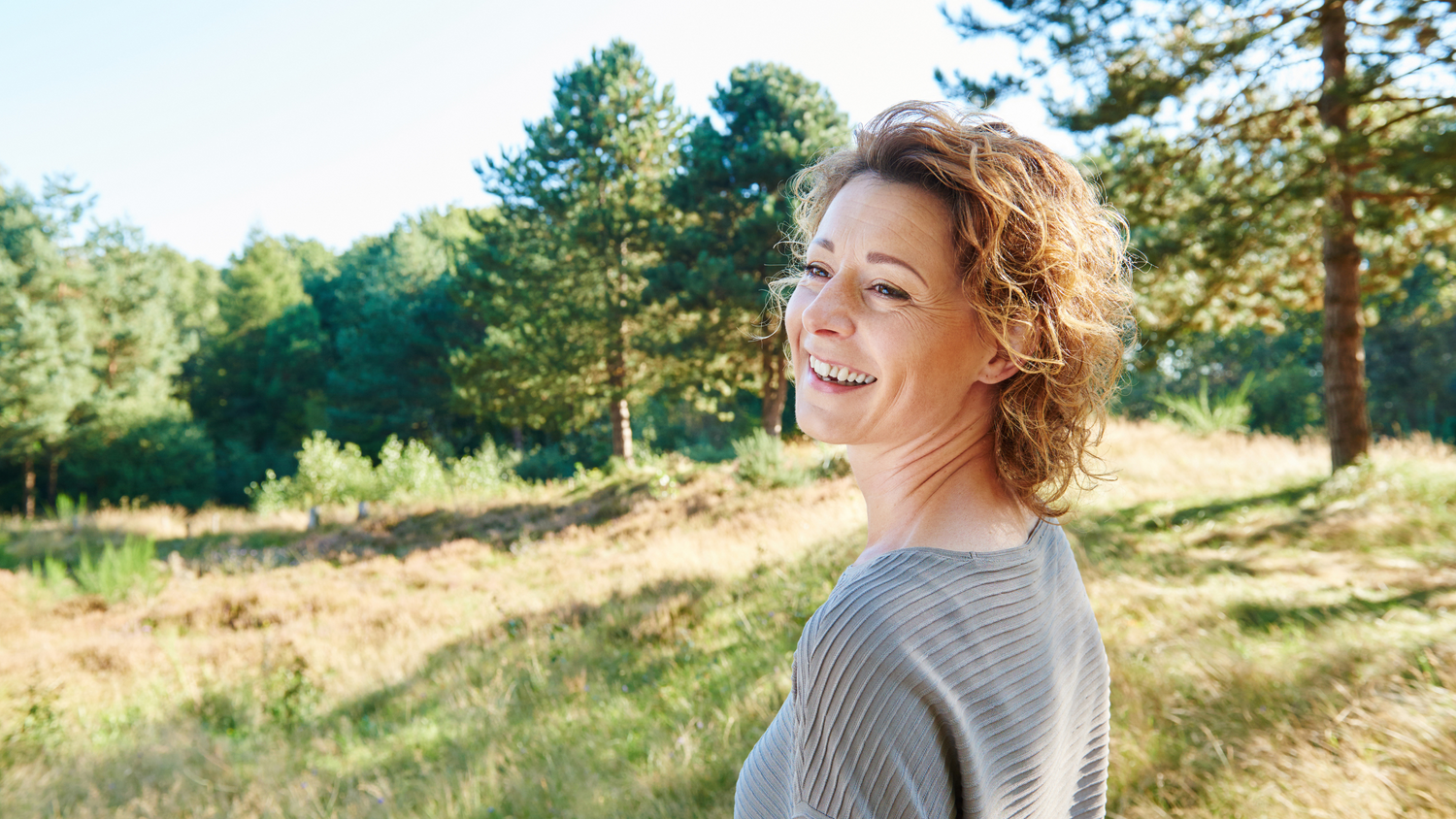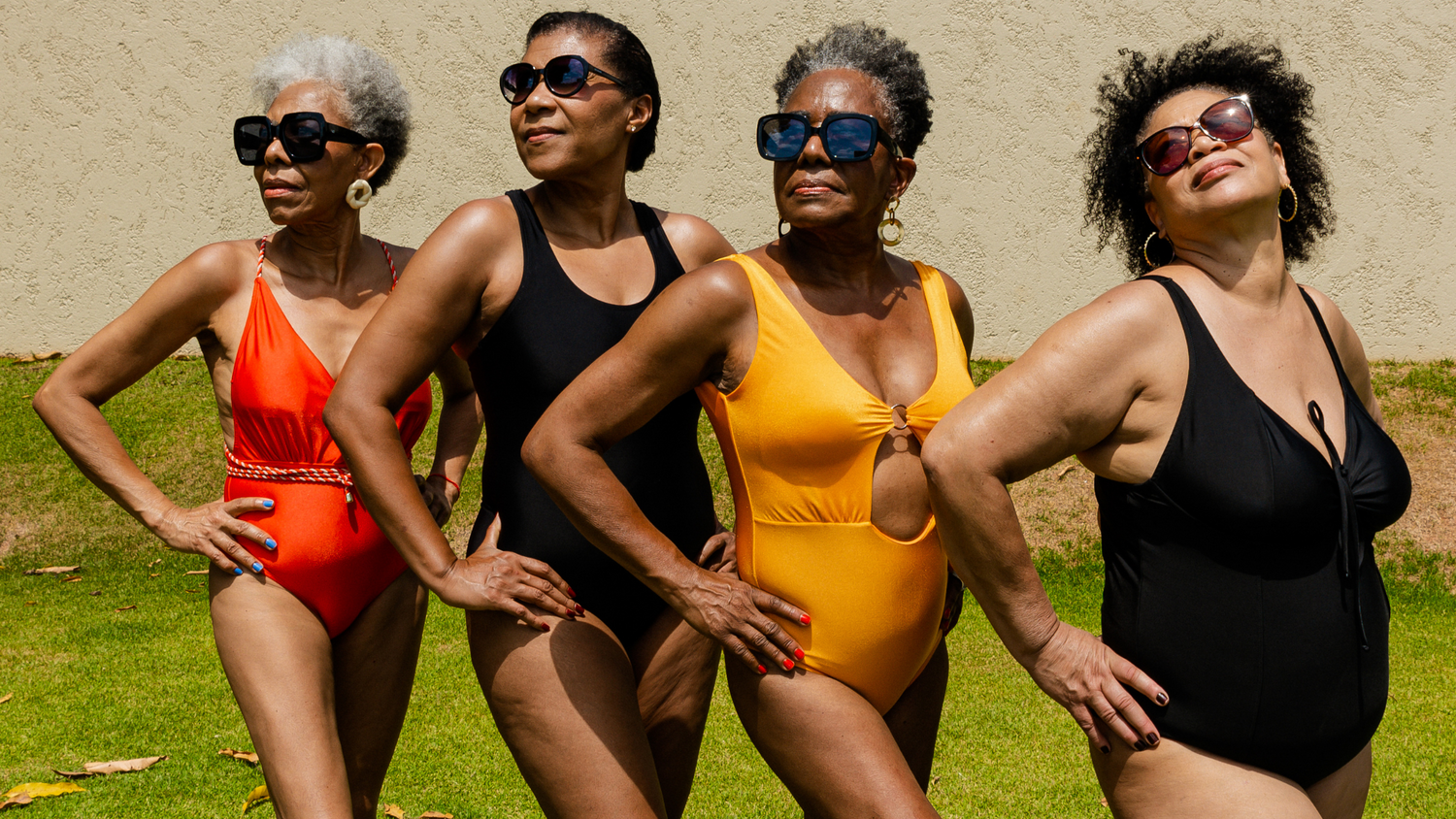Healthy aging means something a little different to everyone. The World Health Organization breaks healthy aging into five components: the ability to meet your own basic needs, the capacity to learn and make decisions, continuing mobility, the capability to build and maintain relationships, and the aptitude to contribute to society. We know more now than we ever have about facilitating wellbeing as we age. So, let’s see what recent data has to say about living our best lives right up to the end.
Factors That Contribute to Healthy Aging
Some people win the genetic lottery and experience peak health and energy levels very late into life—no effort involved. But the rest of us can, with a bit of forethought and mindfulness, take steps to ensure our physical and mental health is in great shape for years to come.

Some tips fall into the category of common sense and good guidance for health at any age. Eating fibrous, healthy food to prevent heart disease is an excellent idea for people of any age. Regular exercise, like walking, could delay Alzheimer’s, plus it improves mood and sleep. Lastly, quitting smoking is smart at any age, but post-menopause it becomes an essential component of healthy aging. People who quit will see an improvement in lung functionality, better circulation, and the risk for many cancers and coronary heart disease drop considerably.
Healthy aging also means that it’s more important to keep an eye on the vitamins and minerals you have in your diet. Seniors are more at risk for vitamin and mineral deficiency because vitamins and minerals are not absorbed as efficiently. Ensuring you incorporate enough vitamin D and calcium can help keep your bones healthy and strong.

Another little-known tip for creating wellbeing throughout life is to spend significant time and energy in maintaining relationships. Loneliness can make you physically sick, and has measurable, scientifically verifiable adverse impacts on your health. Loneliness is a risk factor for coronary artery disease and stroke and is linked to a decline in the immune response. Strong relational ties are connected with a longer lifespan, too. So, the next time you can plan a brunch outing with your friends, you can think of it as an investment in your health.
Sexual Health Is a Component of Healthy Aging
Changes in sexual health are a normal part of aging. Medications or medical conditions can decrease sex drive, and the drop in testosterone or estrogen means that all genders may find that desire takes a bit longer to cultivate. Taking care of your general health means that your sexual health will improve, too. It’s important not to view sexual health as something separate from general health—engaging in sex has health benefits like lower blood pressure, better heart health, and even better bladder control. Plus, sex increases oxytocin, which can lower stress.
Unfortunately, sometimes barriers stand in the way of a healthy sex life as you age. After menopause, many women find that their vagina is dry, which can make sex painful and unpleasant. Menopause can also lead to less elasticity in the vagina, complicating the problem. Though this is a common side effect of menopause (and sometimes occurs earlier in life, too), you don’t have to live with the symptoms. Your sex life shouldn’t be over when you hit menopause—in fact, studies show that the age that sex is the best for women is 66!

If menopause has left you feeling dry and frustrated, you can take action. SBA24™, the formula in Membrasin® products, was found to improve the integrity of the vaginal lining and support intimate mucous membranes. Topical use of the Intimate Moisture Cream and oral use of the Vitality Pearls can help relieve the symptoms of vaginal dryness and inflammation. Try the Membrasin® 2-Step Starter Pack to help alleviate vaginal dryness and start experiencing a healthy sex life again.





